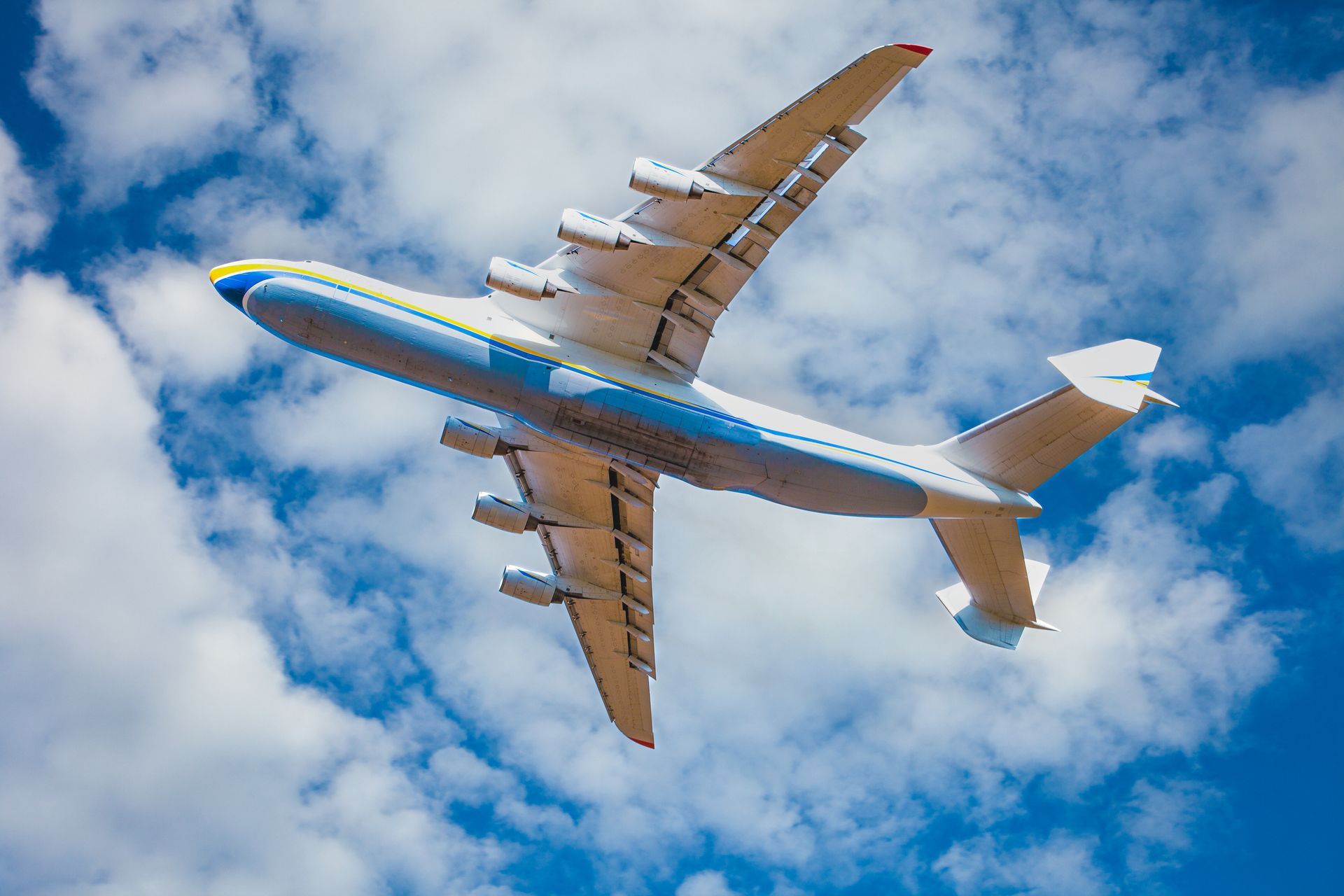What are IATA agents?
The first thing you need to know is that IATA agents are not only intermediaries; they are strategic partners with knowledge of the air cargo industry.
For this very reason, they can help you move between itineraries, tariffs, documents and regulations, while making sure that each shipment is made with no setbacks and at the lowest cost possible.
Are you ready to take the step towards more efficient travel and cargo management?
What is an IATA agent?
IATA is the acronym for the International Air Transport Association, a worldwide entity that brings together airlines from all over the world.
However, when we talk about IATA agents, we are referring to the companies or agents that have obtained the necessary accreditation for carrying out different tasks in the sphere of air transport and logistics.
They are therefore trained and specialized professionals to act as intermediaries between airlines and people or companies requiring transport or logistics services. This interaction is key to helping simplify and speed up processes which can otherwise be complicated.
What is an IATA agent’s function?
As already mentioned, IATA agents stand out as true architects of business efficiency and success.
Although their work is, at times, unknown to the general public, they play a central role in the air cargo industry.
Among their functions are:
- Issuing international air cargo transport contracts, known as Air Waybills (AWB), which are documents that certify the relation between the consignor, carrier and consignee of the goods.
- Collecting freight charges, which are the rates applied to air cargo transport depending on the weight, volume, type and destination of the freight.
- Coordinating the loading and unloading of aircraft, while ensuring that the goods comply with safety, packaging, labeling and documentation requirements stipulated by IATA and local authorities.
- Completing the appropriate formalities for the airport and customs authorities, to help with the clearance and release of goods at origin and destination.
- Offering complementary services for air transport, such as storage, insurance, groupage or consolidation of air containers.
What is the importance of IATA codes?
IATA codes are something like a common language in the air transport industry. Although, at first, they appear to be mere combinations of letters, they were created by the International Air Transport Association to easily identify each airport in the world with just three letters.
When we speak of their importance, we must mention several reasons, among which are the following:
- They simplify the management of shipments by preventing confusion or errors in the assignation of destinations and stops.
- They speed up the loading and unloading process of goods, by helping to identify and track air containers.
- They improve the safety and quality of air transport, by guaranteeing that airports comply with the standards and regulations laid down by IATA regarding infrastructure, equipment, operations and services. For example, if an airport wants to obtain or keep its IATA code, it must pass a regular audit by the governing body.
- They foment cooperation and integration between the airlines and other agents in the aeronautical sector because they allow for the exchange of information and the use of common billing and clearing systems.
- They help air navigation. With aviation, accurate communication is essential. To this end, these identifiers are used in the radio communication between pilots and air traffic controllers.
As you can see, they help ensure that the instructions are clear and that there is no room for misunderstanding in the skies.
Who can belong to IATA?
IATA opens its doors to a large range of players in the air cargo industry. Some of them are listed below:
- Commercial airlines, irrespective of their size or geographical location, can be active members of IATA. This includes the main international airlines as well as regional and cargo airlines.
- Airports can also avail of the opportunity to join as affiliated members. This membership affords access to valuable information and tools to help optimize their operations and offer more efficient services.
- Companies specializing in air cargo transport. As a result they have access to resources and specific standards to raise the efficiency of the transport of goods by air.
- Providers of services and solutions related to the industry, such as technology companies, consultancies and management systems.
The IATA is a true strategic ally. For decades, it has been the silent force behind successful journeys, smooth cargo operations and the satisfaction of numerous clients and companies.
Consequently, their agents are not just intermediaries. They are experts in air cargo transport.
If your business is looking to optimize its operations, the choice is clear: IATA agents are your best partner.
This is why, at KENSA Logistics, we are committed with our team of experts in the area, always at the ready to be your guide and optimize your cargo operations.
We invite you to contact us today to discover how we can help you make a difference.



